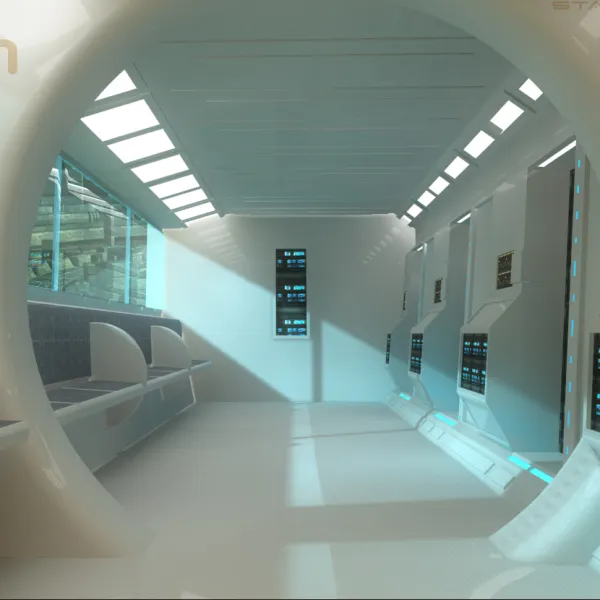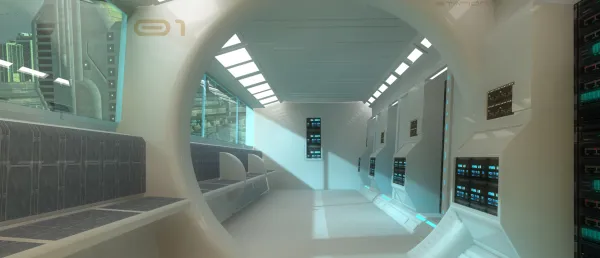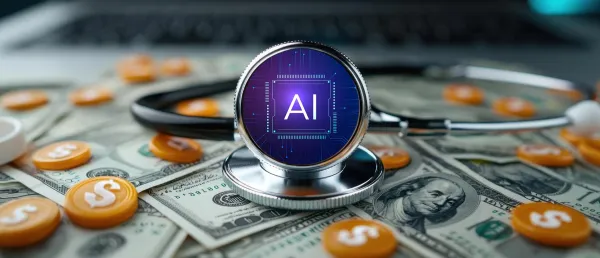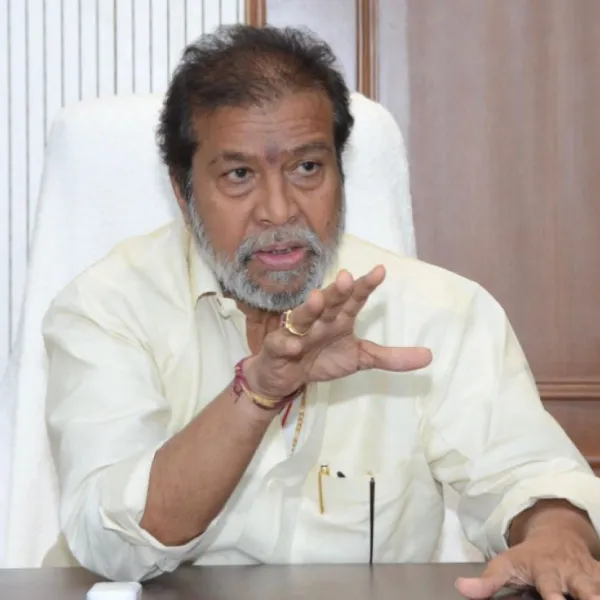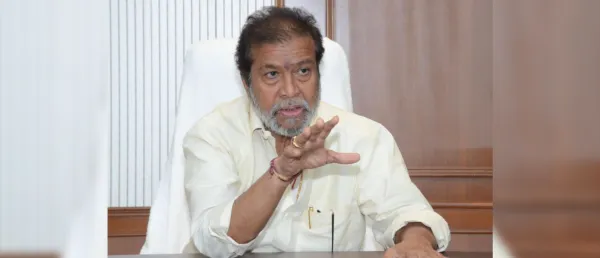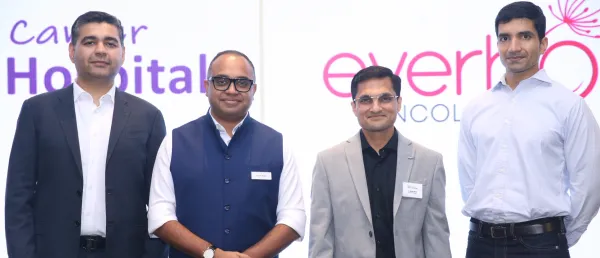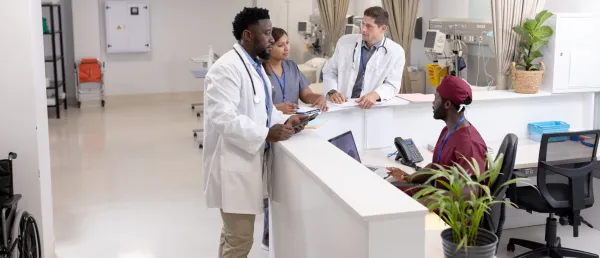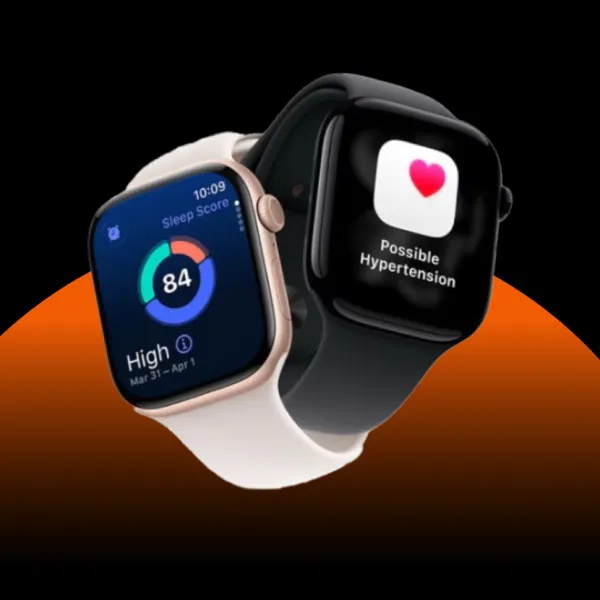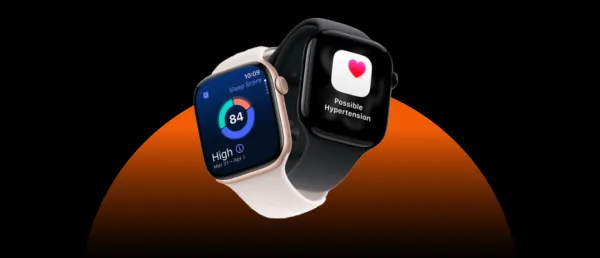Kerala Govt Hospitals to Go Hi-Tech with Digital Payments, Announces Health Minister Veena George

The initiative will utilize 249 Point-of-Service (POS) machines, allowing patients to make payments through debit cards, credit cards, and UPI transactions.
Kerala’s Health Minister Veena George has recently unveiled digital payment systems across government hospitals in Kerala.
As part of this move, digital payment systems are being introduced in 63 government hospitals, spanning from taluk hospitals to medical colleges, where the eHealth scheme is currently operational.
The initiative will utilize 249 Point-of-Service (POS) machines, allowing patients to make payments through debit cards, credit cards, and UPI transactions.
To further modernize healthcare services, the state government is set to launch an online advance booking system for Outpatient (OP) tickets.
One of the key features of this initiative is the ability for the public to scan a QR code displayed in the hospital to book OP tickets without standing in long queues.
This will be implemented first in hospitals that already have the eHealth system in place and then extended to all taluk hospitals and medical colleges that have yet to adopt the scheme.
Additionally, the eHealth program includes a mobile app launch that is compatible with the Android operating system.
On its launch, those who seek treatment in hospitals (where e-health has been implemented), can see their electronic health record, lab results, and pharmacy slips on the app.
Payment options will also be available through the app, as well as via the eHealth portal.
This digital transformation aims to streamline healthcare services and enhance the patient experience in government hospitals across the state.
Days back, State Health Minister Veena George directed the Director of Medical Education to conduct the audit during a high-level meeting with medical college officials.
The audit, part of a broader safety enhancement plan, will be conducted at both the institutional and state levels, overseen by the principals of medical colleges and the Director of Medical Education.
The safety measures ordered by Minister George include conducting mock drills, installing public address systems, CCTVs, alarms, and walkie-talkies, intensifying security monitoring, and prohibiting unauthorized individuals from remaining inside hospitals overnight.
Stay tuned for more such updates on Digital Health News





